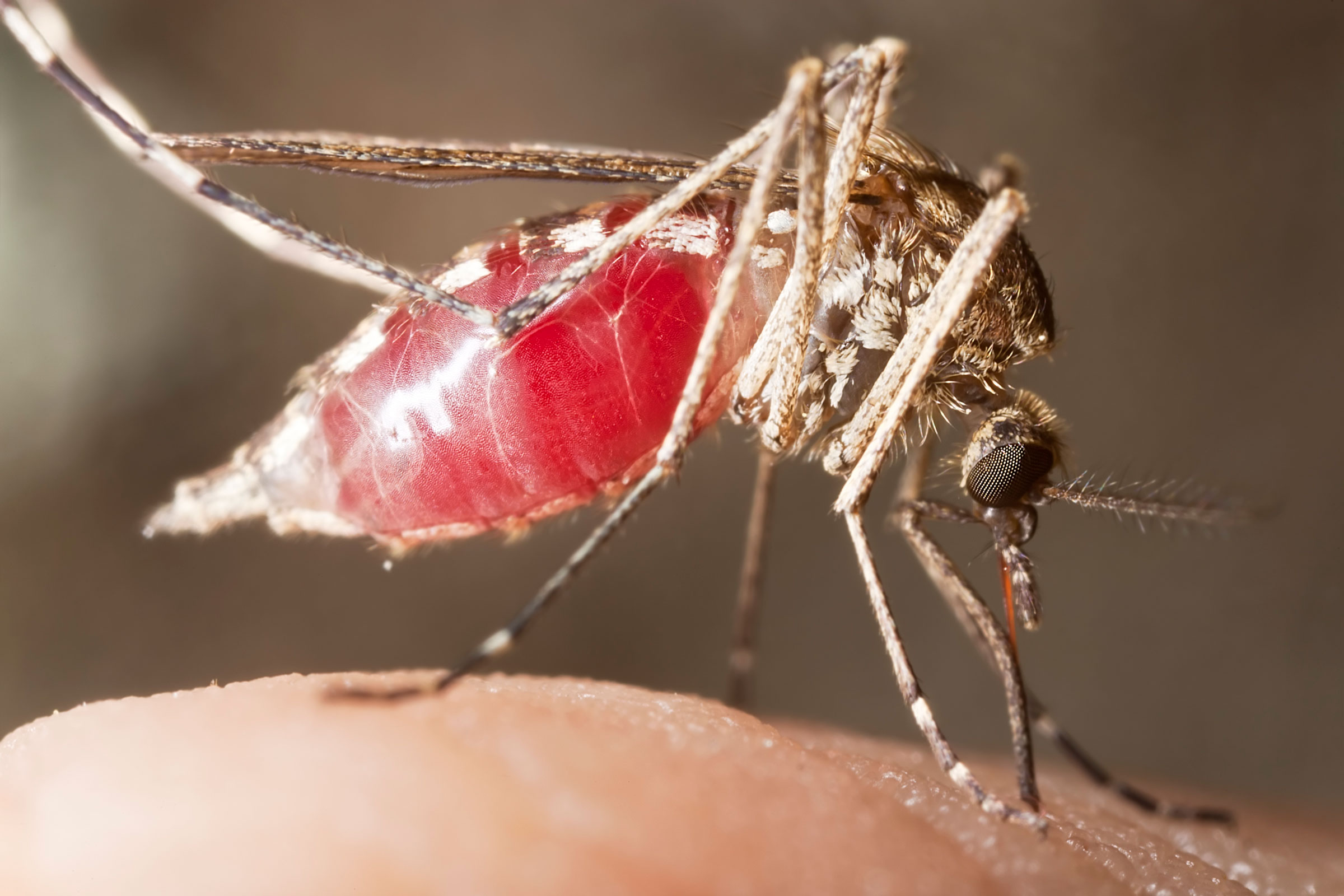
West Nile virus (WNV) is another infectious disease transmitted by mosquitoes. It attacks the neurological system of horse and human, and to a lesser extent a variety of other species (goats, sheep, llamas, dogs, bears, and reptiles). The blood-brain barrier normally limits access by bacteria, viruses and fungi to the nervous system, but WNV is able to cross that barrier to cause inflammation and damage to the brain and spinal cord. Clinical signs are manifested depending on which areas of the central nervous system are affected.
Links in articles are part of an Amazon Affiliate program that provides income to support this brand. Links are chosen by our editors.
Fever and depression are common signs of WNV, along with limb weakness. Some horses become ataxic (uncoordinated) in the hind limbs. Others might stumble, drags their toes, or the might lilt to one side. The face, muzzle and lips, and/or the neck, shoulders and chest often experience muscle twitching or tremors. Difficulties occur with swallowing and with vision.
Horses that normally don’t mind being touched can become hypersensitive to touch and/or sound. More severe cases display aimless wandering or can develop convulsions, become paralyzed in the rear quarters and be unable to rise.
Equine business owners can create an Amazon Business Account.
Death occurs in 30% of horses infected with WNV. As many as 40% of survivors experience neurologic abnormalities of gait and behavior for six months, and some deficits can persist indefinitely.
WNV is not contagious between horses or humans—each affected individual is considered a dead-end host. Birds carry the virus and pass it to mosquitos, which then bite and infect a horse (or human). Not all horses that are exposed actually develop clinical signs.
There are currently at least three effective vaccines labeled for protection against WNV in horses. WNV vaccine should be boosted annually. Sometimes boosters are needed twice a year if horses live in areas where mosquitos are active year-round.
Sign up now for Amazon Prime 30-day Free Trials, a membership program that offers special benefits including: Instantly watch thousands of movies and TV episodes; Borrow Kindle books; Get unlimited FREE two-day shipping (no minimum order size). Learn more.


